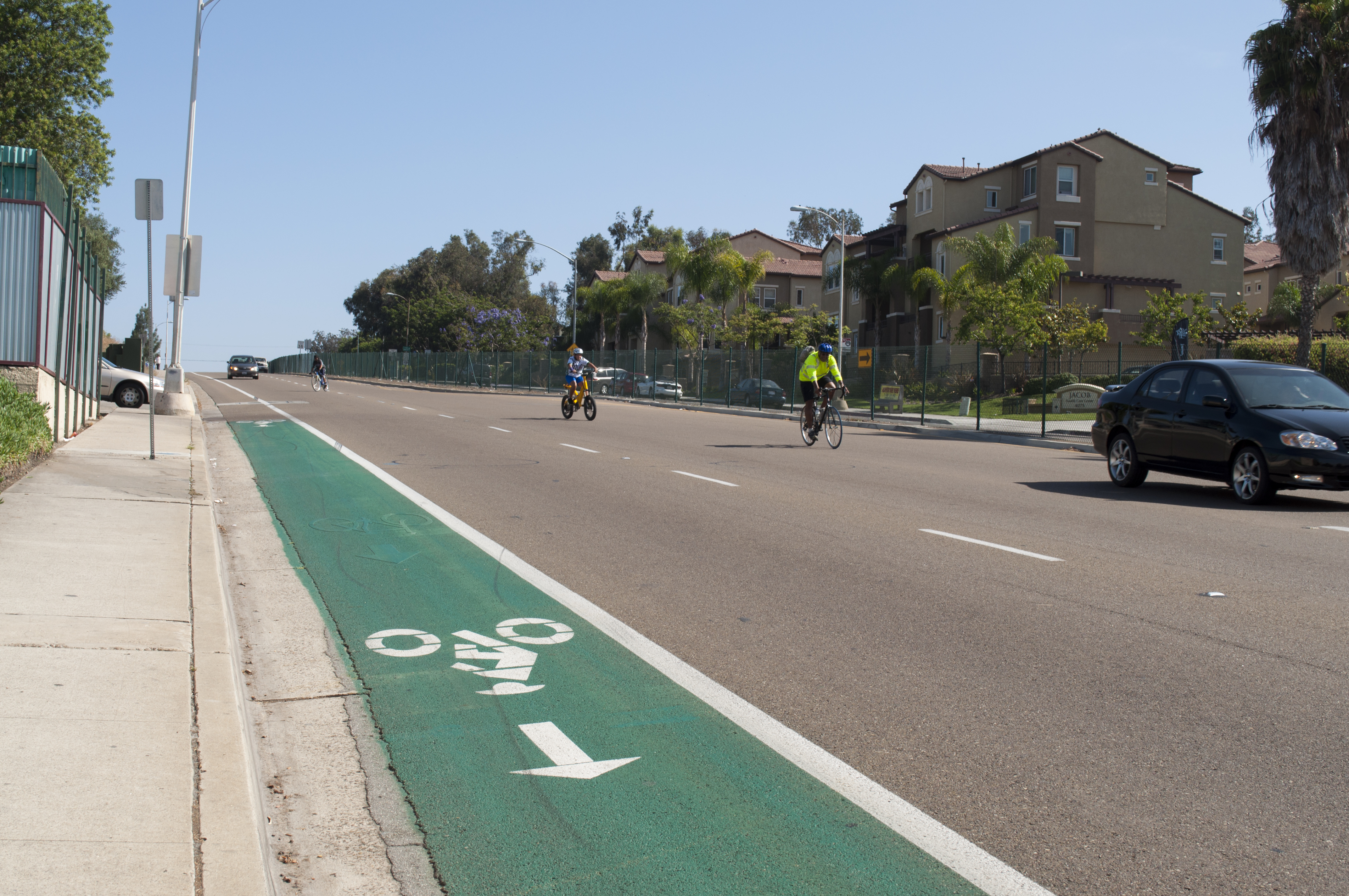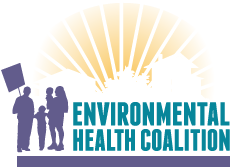Each of us is a commuter. We commute to work, to school, to the grocery store and to the homes of our friends and family, making transportation an important issue affecting our everyday lives. It is not why we commute, but how we commute that matters.
Our transportation choices impact our public health, with cars polluting our air and catalyzing climate change and environmental health hazards. When we take public transit or ride our bicycle, we reduce our risk for pollution and pollution-related illnesses, such as asthma.
Unfortunately, not all communities have the same access to healthy and safe transportation options, such as public transit and biking and walking paths. Increased access to sustainable, safe and affordable transportation options means increased access to well-paying jobs, good schools and affordable housing options. In short, better transportation options mean better quality of life.
 These safe, reliable and affordable transportation options are what we call transportation justice. Transportation justice means all neighborhoods have equal access to alternative transportation and no communities are overburdened with the pollution from cars on neighborhood streets or freeways. It means that the risk of being hit by a car is reduced because bike paths and sidewalks are plentiful. It means public transit is affordable, accessible and convenient and families don't have to walk an hour to the grocery store because they can't afford to take the bus. It means a person does not have to travel two hours each way on the bus to get to and from work, when the same trip a car ride would only take 20 minutes.
These safe, reliable and affordable transportation options are what we call transportation justice. Transportation justice means all neighborhoods have equal access to alternative transportation and no communities are overburdened with the pollution from cars on neighborhood streets or freeways. It means that the risk of being hit by a car is reduced because bike paths and sidewalks are plentiful. It means public transit is affordable, accessible and convenient and families don't have to walk an hour to the grocery store because they can't afford to take the bus. It means a person does not have to travel two hours each way on the bus to get to and from work, when the same trip a car ride would only take 20 minutes.
Goals of the transportation justice movement include:
• Accessibility – Increase transportation options and affordability giving community member's greater access to goods, jobs and services.
• Increased public health and safety - Improve infrastructure that reduces air pollution and pedestrian and bicyclist collisions by cars.
• Equity in investment and benefits – Prioritize transportation investments for historically underserved communities and there is an equitable distribution of transportation benefits by providing high quality services to all.
In 2014, elected officials from the San Diego region work to determine how to best invest money in transportation and what the future of transportation options should look like. Get involved to make your voice heard and ensure transportation justice for all. This email address is being protected from spambots. You need JavaScript enabled to view it. to learn more information or get involved: (619) 474-0220 ext. 130.

